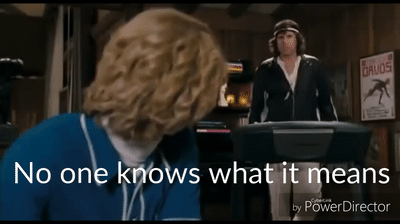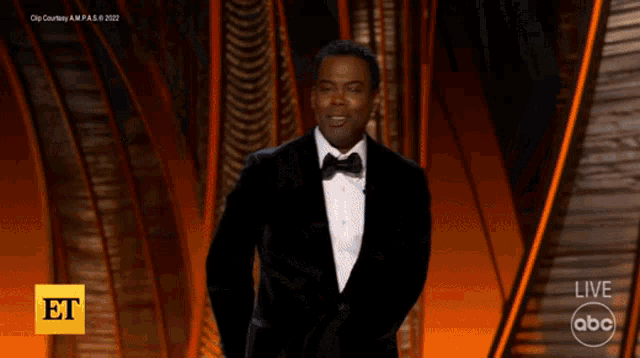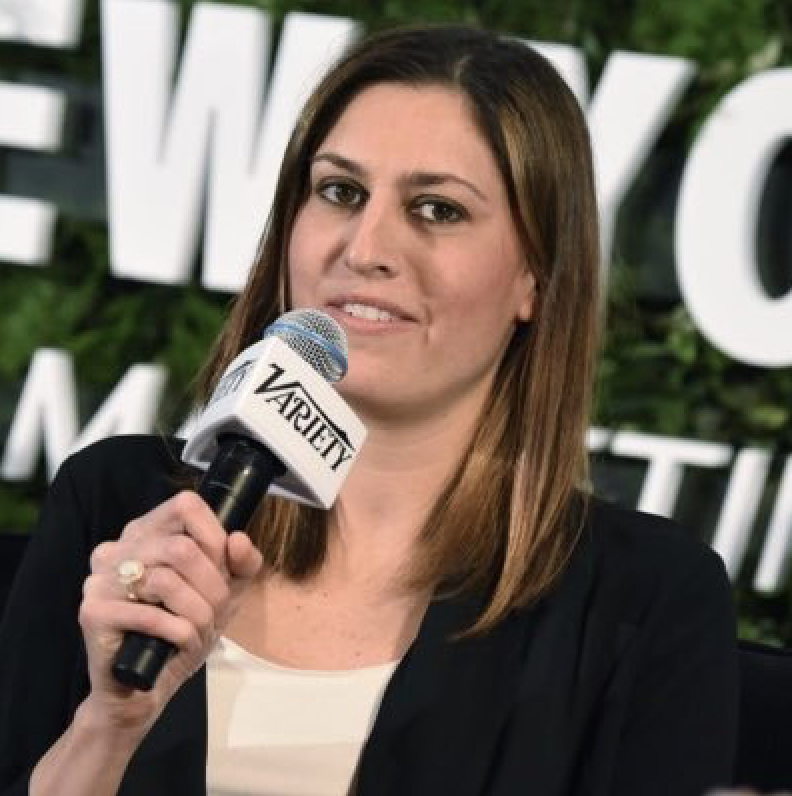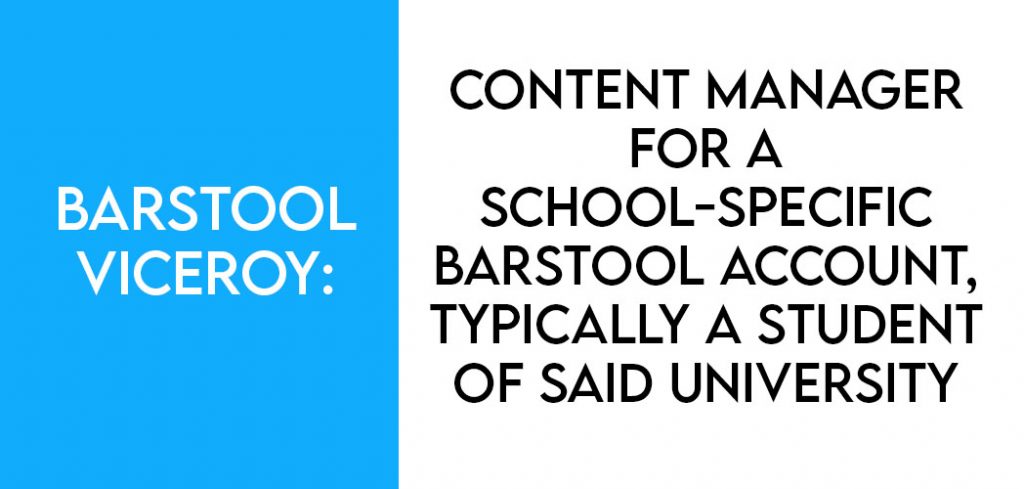Viva la stool and good morning to the Barstool lovers and the Barstool haters. Whether or not you think that Barstool is the peak of Gen Z-millennial, unfiltered comedy or you think Dave Portnoy and his whole mess of a company deserves to fade into an oblivion of progressive culture, you’re in the right place.
The great Will Ferrell once said in Blades of Glory that, “No one knows what it means but it’s provocative, gets the people going.” Kanye even loved this line enough to put it in a song with Jay-Z that you’re 90% likely to hear if you walk past a fraternity. Love it or hate it, Barstool Sports gets the people going. Media outlets and entertainers throughout time have pushed limits and used shock-value to drive narratives in society and build platforms. Barstool Sports is no different. It’s a provocateur, and it gets the people going on both sides of the love/hate spectrum.

Entertainers and comedians throughout the past century have been pushing the envelope more and more amongst the emergence of cancel culture and the growing environment of political correctness in America.
Elvis shook his hips, and I am pretty sure he shifted the time-space continuum. No matter how slimy we all feel reading or watching TMZ, we do it because we HAVE to know what kind of freaky shit that one celebrity is into or why those two celebrities are getting a divorce. The number one watched show of the fall was Euphoria. I have never seen more nudity than in the two seasons of that show, which is about 25-year-olds playing high schoolers.
Barstool’s not a new concept, people have loved conflict and a good controversy since the beginning of time. It’s different from journalism in that it doesn’t inform, it performs.
Although Barstool is not traditional media, traditional comedy, or traditional anything, it serves a need that it has helped to perpetuate. Barstool tests the limits of a norm we currently refer to as “cancel culture,” but has existed in various forms throughout the centuries. A need for political incorrectness in a society filled with the opposite, and a test of freedom of speech and the progression of comedy in America.
After comedian Dave Chapelle’s most recent Netflix special was released, there was mass public outcry that it should be removed from Netflix, and Chapelle should be “cancelled.” Whether you watched the Netflix special and think he’s a comedy god, or you watched it and you think he’s a transphobic asshole, it really doesn’t matter. Chapelle got exactly the type of controversy and attention that he desired for his special and for the conversation surrounding censorship in comedy. The stand-up piece being entitled “Sticks and Stones” is a testament to the aggressively opinionated idea that words can’t hurt someone, only action can.
“Generally speaking, the public is becoming more and more sensitive as time goes on,” according to founder and CEO of Spotted, Janet Comenos. “And so you have these kind of, this bigger and bigger divide, and the American public, it is just becoming very divisive. You know we saw what happened with Will Smith and Chris Rock this week. You know, there is a part of the population that’s defending him and there’s a bigger part of the population that’s disgusted with his behavior.”

Although Barstool Sports is not a typical comedy-focused company, the comedic aspects of the company are under the same scrutiny of the increasingly sensitive public eye that the self-proclaimed comedians are. And Lord knows, it’s had its fair share of controversy over the nearly twenty years since the company was founded by Dave Portnoy in 2003 with a sports gambling focus.
Barstool Athlete and Tulane golfer Justin Rabin says that Barstool’s audience “isn’t part of that cancel culture, so if people try to cancel them, they’ll still keep that fanbase.”
At the heart of the reasoning for protecting Barstool from cancel culture is the argument that comedy and satire need to be protected. It’s an argument based on the First Amendment and the free exchange of ideas. Although many people don’t like the content and choose not to engage with Barstool Sports, there’s something to be said about the millions of people who do.
“But I think for every super sensitive individual out there, there’s probably one or two people who don’t give a shit about, you know, being super by the book,” says Comenos.
Comenos’ company, Spotted, a Lloyds of London cover holder, pioneered the product of “disgrace insurance,” which they sell to Hollywood’s major movie production studios as a protection against cancel culture’s negative effects. “Our original business model was providing very expensive consultative advice and reporting to Fortune 500 companies as they selected their celebrity endorsers.”


Although Janet Comenos has never worked with Barstool Sports specifically, she was able to use her knowledge of the company in terms of Spotted’s Public Outcry Index as well as her personal, expert insight on cancel culture to speak on Barstool’s success and interaction with cancellation attempts.
“Now, in the case of Dave Portnoy, since he does a lot of inflammatory stuff that’s very polarizing, he has a history of behaving this way. He would have to do something pretty severe to be canceled,” says Janet Comenos about eccentric Barstool founder and Chief Content Creator, Dave Portnoy.
Portnoy is at the forefront of the Barstool image. The first thing that came to mind for three different Barstool athletes when asked what they enjoy most about Barstool Sports’ flood of online content was Dave Portnoy’s pizza reviews. Dave Portnoy, the eccentric founder and partial owner of Barstool Sports goes to different pizza joints across the United States, gets an entire pizza, takes one bite, and gives it a rating from one through ten.

Despite the political content, the sports memes and jokes, the videos of the college experience, and all of the Gen Z/Millennial humor both controversial and not, the first thing that every athlete brought up was the pizza reviews. Barstool Sports is often criticized for not being as tame or pristine as traditional media. Business Insider Australia said it best when they acknowledged that it is a “men’s lifestyle blog” although I don’t necessarily believe that it is just for men.
Something like the Pizza Review that to some could seem like padding for other politically incorrect content is one of the main draws for some athletes to publicly affiliate themselves with Barstool Sports. KDFW FOX4 sportscaster, Sam Gannon, also cited the Pizza Reviews as one of her favorite things about Barstool Sports’ content.
“I think it’s an entertainment platform. So, while it is quote-unquote sports based, it’s entertainment essentially. And it’s funny, and people like funny,” says Gannon. It’s the same reason that people watch season after season of the Bachelor, no one takes it too seriously–even though they claim every season is the most dramatic season of all time– and it’s funny.
“I wouldn’t look to Barstool for like information or breaking news,” says Gannon, “I use it more for an entertainment outlet than I do for my source of information.”
Gannon believes that most people in traditional sports media such as local stations and entities like ESPN and Fox Sports understand the purpose Barstool Sports serves, and it isn’t journalistic. Information comes from traditional media, interpretation and humor is Barstool’s purpose in the media according to Gannon.
Portnoy has been a constant in the media over the past year for sexual assault scandal, which he has been quick to counter as defamatory. Not all Barstool employees were put at ease after the situation even with Portnoy’s timely action taken against the accusatory authors and editors. Barstool USC Viceroy Daniel Hailpern, who runs the Instagram and twitter accounts under the handle @barstoolUSC, has many criticisms of the company and Portnoy.

“I think for the company in terms of like their following base and who they’re trying to reach, I think he’s a very positive thing. For like media as a whole, I think he’s a horrible thing. Obviously, all for freedom of speech and everything, but like you have so much of like impressionable America… just waiting for your next words and you choose to do the wrong thing so many times,” says Hailpern.


“He is the company”
–Daniel Hailpern
Hailpern does “commend” Portnoy for the Barstool Fund which helps small businesses affected by COVID-19, Including Jacks N Joe on Figueroa Street near USC. Hailpern says, “that’s somebody with a lot of money who’s like ‘I have so much money let me help people. That’s amazing, I commend him for doing that. He saved so many small businesses.”
Even though Portnoy is no longer the CEO of Barstool, nor does he own a majority share of stock in the parent company, Penn National Gaming, he is continually the face of the company, as Daniel Hailpern pointed out. Relatability is a huge factor in draw according to Hailpern as well as Sam Gannon.


All of the “so true’s” and the “OMG’s” of the college experience and party culture are embedded in Barstool Sports’ content. Doing this effectively means Barstool’s school-specific accounts are typically run by students who currently attend the university associated. Peoople like Hailpern ensure that the content being posted is accurate, but more importantly, relatable for the specific collegiate audience it’s serving.
According to Hailpern, “if you have students who attend that university running the accounts, they know more than anyone who is in New York, sitting in an office who’s like trying to think of content for a school that they didn’t go to. You can’t expect somebody to understand what Taco Zone is who doesn’t go to USC.”
Students in the greater Los Angeles area agree that much of Barstool’s appeal is its content directly catered to college life and university-specific inside jokes and “memeable” content.
the company will survive cancel culture.
In the wake of NCAA name, image, and likeness legalization in 2021, Barstool has found a new draw for its target audience in college athletes across sports and divisions.
Barstool Athlete and University of Albany offensive lineman, Jahkele Bascome says “I think they have good representation at every college, honestly, no matter if it’s Division One, Division Two, Division Three.” Coming from a NCAA Football Championship Subdivision university, Bascome values how the company took on sponsoring athletes across divisions and conferences, not just the big schools.
Sam Gannon says that people are drawn to Barstool because of the humor just as much as the sports and collegiate content. “When you’re funny or when there’s like comic relief involved, you can kind of push the limits with things that you say or do.”
Dave Portnoy has not been all comic relief when it comes to the financial well-being of Barstool Sports.
Penn National Gaming’s stock took a dive last year after reports of accusations that Dave Portnoy, founder and face of Barstool Sports, had allegedly sexually assaulted women. The expose was published in Business Insider in early November of 2021. The article was published at 7:45 a.m., and by mid-afternoon, Penn National Gaming’s stock had dropped over 21%.
Although Portnoy has fiercely denied any claims of assault or inappropriate conduct, it is worth noting that the parent company’s stock was affected by the alleged actions of Portnoy. Him being the sole face of the company he built from scratch, even though no longer CEO, means that the pressure is on him to defend not only his own honor, but the PENN stock price and the future of Barstool. Since the article’s release back in November, Portnoy has sued Business Insider as well as the author of the accusatory article, Julia Black.
Although the PENN stock prices haven’t rebounded after Portnoy’s aggressive response to the scandal, other market issues could be continuing to this dip. Portnoy took aggressive action because he knows that his reputation and the reputation of Barstool Sports carries the baggage of those accusation.
If there’s one piece of advice founder and CEO of Spotted Media, Janet Comenos, would give to Barstool Sports if she were an investor, it would be to “diversify the number of personalities that they have who are the face of their brand.”
“What happens if he gets cancelled?” Comenos says the risk would be dramatically reduced if Barstool’s brand revolved around other people as well as Portnoy. The solution, Comenos says, would be to find the target market for the Barstool Sports “product” and understand what it would take for that group to be so offended that they cancel the company.
Realistically, is Dave Portnoy un-cancellable? No one is above cancel culture, but as Janet Comenos stated, it’s way harder for an already controversial figure to be cancelled than an uncontroversial figure. Dave Portnoy is expected to push limits, it is the brand he created for himself and used to make the Barstool brand what it is today.
There will always be a place for a provocateur in society, it’s necessitated by the force of something like cancel culture. Barstool has resisted cancel culture since it formation. The real test will be if Barstool can maintain its shock value enough to be consistently, expectedly shocking. If it doesn’t, it will leave room for a new entity to disturb the status quo of political correctness.
Controversy is the lifeblood of Barstool Sports. We say in Texas “if something ain’t broke, don’t fix it.” Barstool’s business model is nowhere near broken because cancel culture can’t kill something that thrives on controversy.
